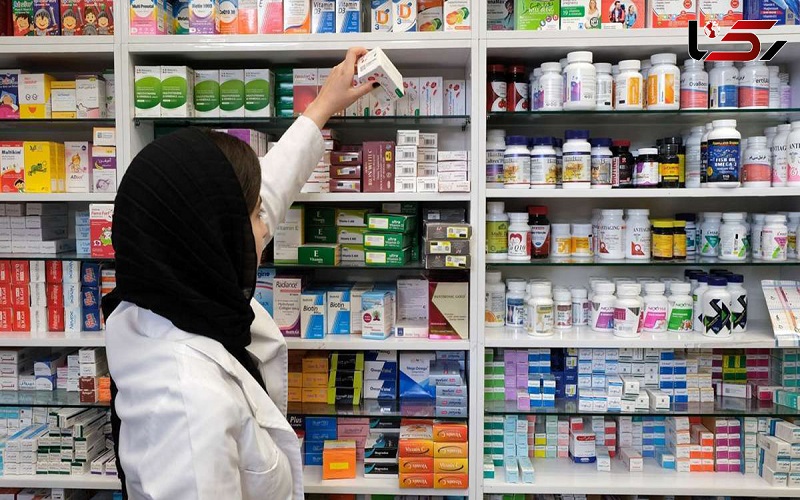
Similar Posts
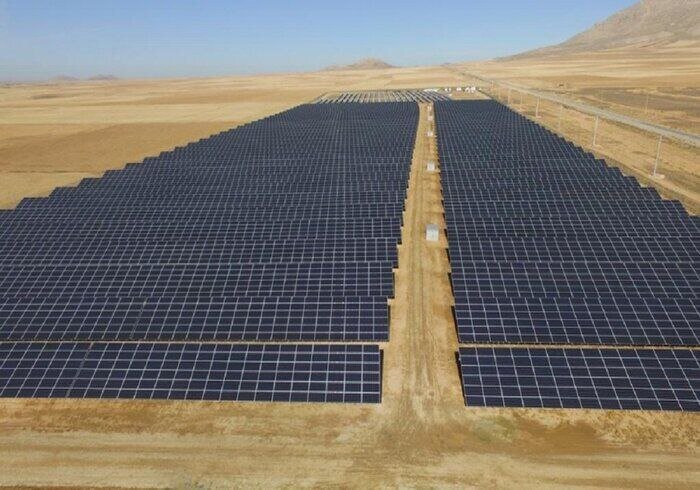
Majlis Grants Membership to International Solar Energy Society: A Step Towards Sustainable Energy Innovation!
The Iranian parliament has approved the country’s membership in the International Solar Energy Society (ISES), marking a significant commitment to renewable energy and solar power. Founded in 1954, ISES promotes solar energy globally, with members from over 110 countries. Iran plans to boost its solar capacity by 4,000 megawatts by March 2026, increasing its current capacity of 1,200 megawatts significantly. Energy Minister Abbas Ali-Abadi emphasized collaboration with the private sector to create an attractive investment environment. This expansion aligns with Iran’s strategy to develop its renewable energy sector and reduce fossil fuel reliance, signaling a shift toward sustainable energy.

Get Ready for the 8th National IT Awards: Celebrating Innovation in Technology!
The eighth national IT award is scheduled for February 26 in Tehran, organized by the Iranian Research Institute for Information Science and Technology (Irandoc). The event emphasizes innovation and digital transformation, focusing on “Artificial Intelligence: entrepreneurship, society, and government.” It aims to showcase achievements, promote interdisciplinary collaboration, and host discussions on AI applications. Awards will recognize innovative companies, top IT products, and outstanding IT managers, while also presenting significant scientific articles. The Iranian government prioritizes ICT development, enhancing connectivity, especially in rural areas, and fostering technological advancements, including in space technology and education.
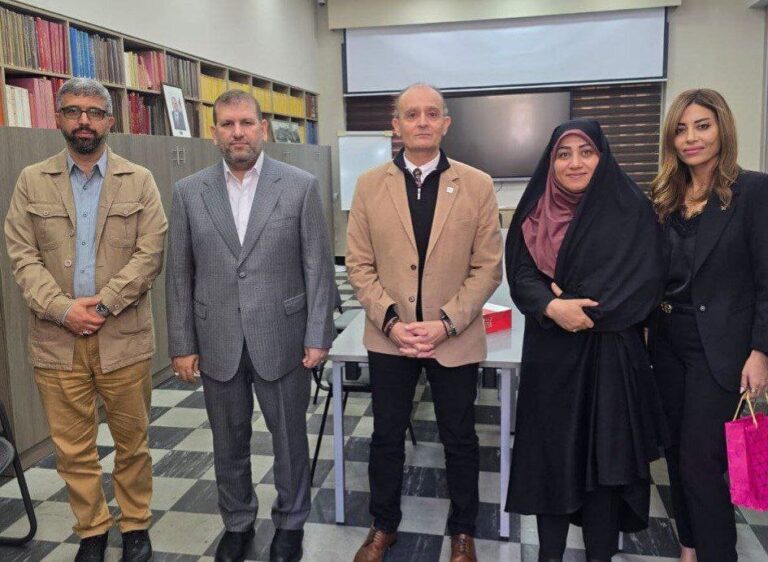
IRCS and IFRC Unite to Tackle Regional Challenges: Innovative Solutions on the Horizon
In a pivotal meeting in Lebanon, the Iranian Red Crescent Society (IRCS) and the International Federation of the Red Cross and Red Crescent Societies (IFRC) discussed strategies for improving humanitarian aid delivery in crisis-affected regions. Led by IRCS officials, the talks highlighted the challenges faced by humanitarian organizations, particularly in Gaza and Syria. IFRC’s regional director praised IRCS’s impactful work and emphasized collaborative efforts to enhance humanitarian responses. Proposals included establishing the IRCS as a regional hub for relief training and a joint project supported by Korea’s KOICA. This partnership aims to strengthen humanitarian capabilities and response efficiency.
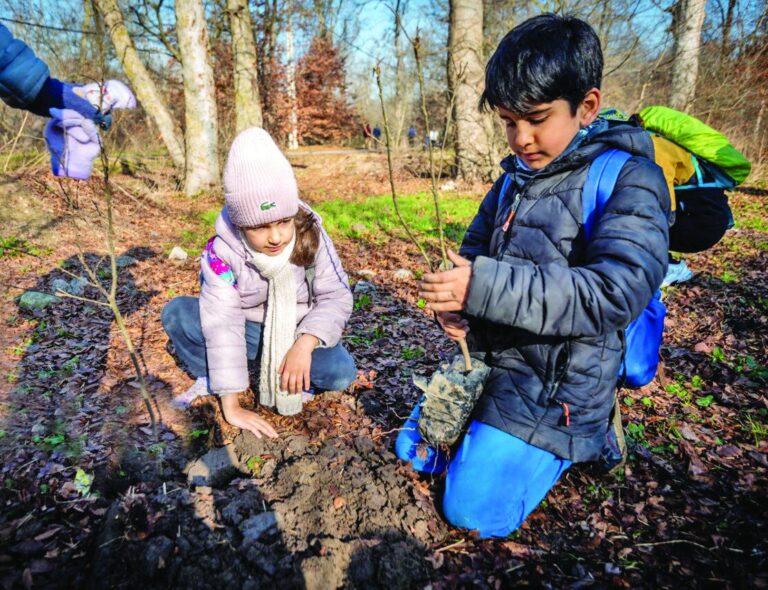
Kids Go Green: Planting Hyrcanian Saplings for a Sustainable Future!
A recent campaign in Golestan province engaged children in planting saplings native to the Hyrcanian forests, emphasizing the importance of preserving these biodiverse ecosystems. Recognized as a UNESCO World Heritage Site, the Hyrcanian forests are home to many endemic and threatened species. The initiative aimed to educate children about biodiversity, climate regulation, and the ecological benefits of trees. Local environmentalists guided participants, fostering a sense of responsibility toward nature. Despite challenges like deforestation and climate change, such campaigns are essential for raising awareness and ensuring the future conservation of these vital forests and their unique habitats.
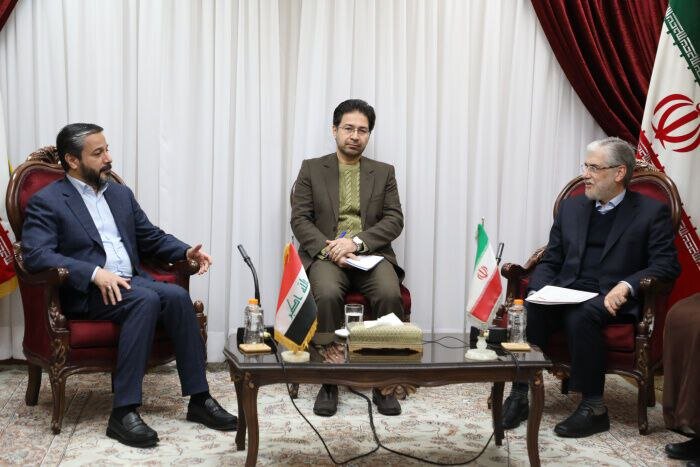
Iraq Taps into Iran’s Expertise to Launch Innovative Sci-Tech Parks
Iraq’s Minister of Higher Education, Naeem Al-Aboudi, has expressed a strong interest in leveraging Iran’s expertise to establish science and technology parks, aimed at enhancing cooperation between the two countries. In discussions with Iran’s Minister of Science, Hossein Simaei-Sarraf, Al-Aboudi highlighted the importance of aligning scientific collaboration with cultural and political ties. Initiatives such as the upcoming Iran-Iraq Science Week and plans for Iranian universities to open branches in Iraq are set to deepen educational collaboration. Both nations are committed to the exchange of students and research, fostering advancements in science and technology for mutual benefit.
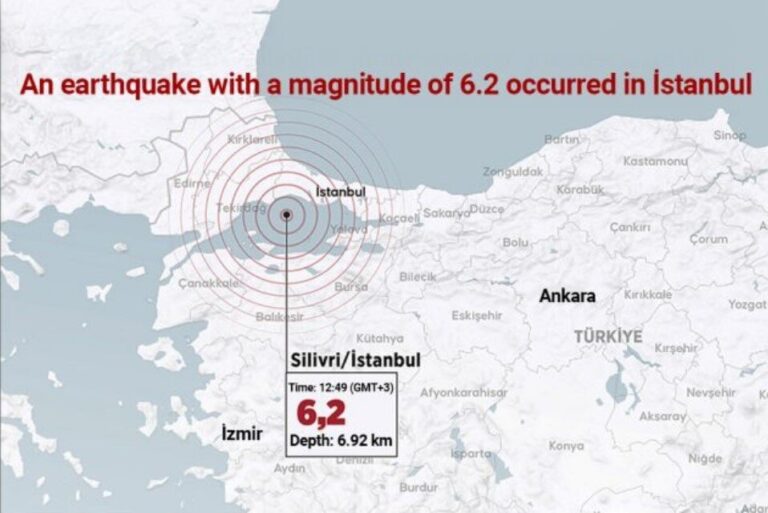
6.2 Magnitude Earthquake Rocks Sea of Marmara: Major Istanbul Earthquake Warning Issued!
On April 23, 2025, a 6.2 magnitude earthquake struck the Sea of Marmara, about 40 km from Istanbul, raising alarm over the city’s seismic vulnerability. The quake, recorded by thirty-three seismic stations, highlighted concerns due to Istanbul’s history of major earthquakes, particularly from the North Anatolian Fault. Experts estimate a 65%-70% chance of a magnitude 7 or higher quake by 2040, potentially destroying 600,000 homes and displacing millions. Despite stricter building regulations post-1999, about 40% of structures remain at risk. The city’s dense population and infrastructure vulnerabilities pose significant challenges for future seismic events.